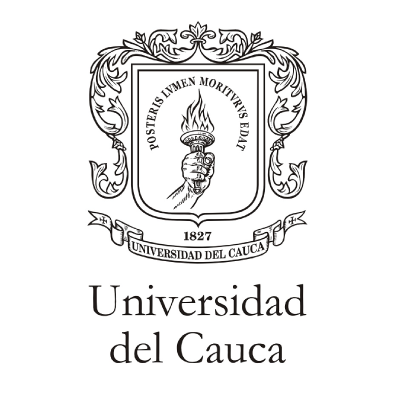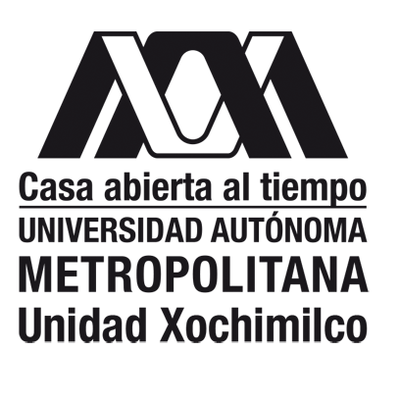No one should be judged for asking about a desaparecido in democracy
Video-creación en juntanza
Keywords:
artivism, criminalization of protest, human rightsAbstract
What interventions are a crime? Can justice, in a state of law, prosecute a person for creating graffiti in a public space without violating the right to social protests? You can't, but that's what has happened in the city of Necochea (Buenos Aires, Argentina) with Pierina Nochetti, who has been facing an unfounded accusation for two years due to graffiti that asks the question: Where is Thehuel? A young Argentine trans man disappeared on March 11, 2021. The criminal case initiated states that Pierina incurred the crime of aggravated damage against the heritage. As if that were not enough, the Municipality of Necochea, for which she works, sanctioned her by reducing her job category and cutting her salary. This is a political-judicial persecution that seeks to silence, discipline and penalize actions to make visible, claim and defend human rights. Faced with this scenario, the feminist and sexual dissidence of the collective of lesbians, bisexuals, transvestites, trans and non-binary groups gave visibility to Pierina's case, generating a series of gestures, interventions and public political demonstrations in the streets, but also in the social networks, where we can find an artivist collective under the name #abolucionparapieri. On this occasion, reflections and a video-creation en juntanza (15.59 minutes) are shared, made in collaboration with Memorias Disidentes from the materials produced by the artivist struggle of the collective #abolucionparapieri

Published
How to Cite
Issue
Section
License

-
The authors retain the rights of autxr and assign to the journal the right to first publication of the work, registered under the Creative Commons attribution license, which allows third parties to use what is published as long as they mention the authorship of the work and the first publication in this journal.
-
Authors may make other independent and additional contractual agreements for the non-exclusive distribution of the version of the article published in this journal (for example, including it in an institutional repository) as long as they clearly indicate that the work was first published in this journal.
-
The authors grant any third party the right to share and use the article (for non-commercial purposes), provided that the original authors and the citation of the version published in this journal are identified.





